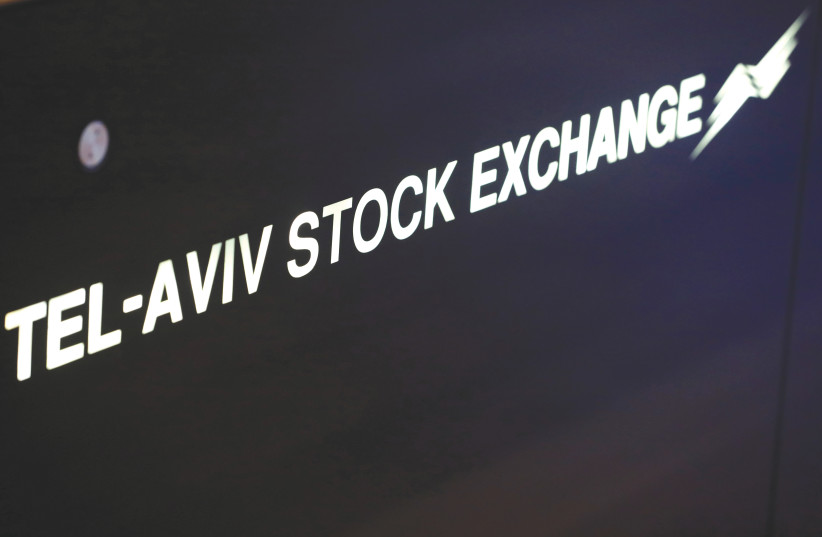Did you hear the stock market is going to crash?
The Democrats are the party that says government will make you smarter, taller, richer, and remove the crabgrass on your lawn. The Republicans are the party that says government doesn’t work and then they get elected and prove it. – P. J. O’Rourke
I received phone calls three times this week from existing clients who were nervous about the recent market volatility. They referred to the “Kamala Crash,” as former president Donald Trump called it.
I started off by mentioning that the market has actually been dropping for the last three weeks, and that this week’s one-day sell-off was amplified because it was constantly mentioned in the media.
They also told me they had “heard” that the market was going to crash. I asked who they “heard” this from, and they said some friends told them, and that they read it online.

It’s really important for investors to put things in perspective. I’m not sure that the “friends” they heard this information from have the secret sauce. Do they really know if the market is going to drop by 40%? I have my doubts.
Generally, market crashes aren’t telegraphed, and very few are able to predict that they will happen. Sure, there are some troubling economic signs that point to a US recession, but even so, does that mean we are due for a “crash”?
On average, markets drop at least 10% once a year. As measured by the S&P 500, as of this writing, that hasn’t happened yet. Just because it finally makes the news doesn’t mean that investors should panic.
Aside from what they had heard from their friends and read online, after speaking with them at length, what really was making them nervous was the state of the US and its potential election outcomes. I am not going to get political at all. But it is very important to differentiate between your political views and the stock market. While it may be true that the US has changed and isn’t the same place that we remember when we grew up, on what I would refer to as a “moral level,” that doesn’t mean that it’s the end of the stock market.
The two sides of the issue
I’ve mentioned this story multiple times, but it’s worth repeating. I remember watching the news on a Saturday night a few years ago. The channel had a split screen. On one side, you had businesses literally boarding up their windows on Fifth Avenue in Manhattan because of fear of riots and looting.
On the other side, you had President Trump and his wife, Melania, at Cape Canaveral, Florida, watching the SpaceX launch. That picture has been ingrained in my imagination since. Why? Because yes, there is moral decay, but you still have a country where people are innovative and pushing boundaries, and that is a very healthy sign.
A few years ago, I quoted an interview with Ritholtz Asset Management chief investment officer Barry Ritholtz. He basically said we give politicians too much credit for economic and market outcomes. They confuse cause and effect and attribute to the actions of individuals what are really larger economic forces. He then spoke about great historical events, such as Pearl Harbor, the Cuban missile crisis, Watergate, and the way to 9/11 and Trump, and said markets ultimately take most of their long-term direction from corporate earnings, cash flows, and valuations.
Robin Powell of Minchin Moore Private Wealth Advisors wrote: “As citizens of a democracy, we all have a genuine interest in election outcomes and a responsibility to exercise our choices. And there may be genuine differences among the parties on particular issues that influence us one way or another – whether it be about economic management, climate change, health and education, or foreign affairs and defense. But amid the noise of a campaign and the often-exaggerated claims of one side or the other, it can be a mistake to let our emotional responses as citizens influence our portfolios. Ultimately, as investors, we need to put aside our ideological biases and think beyond Election Day.”
I would explain it a bit differently. At the end of the day – and pardon my French – even if you think the US is going to hell in a handbasket, it doesn’t mean that 350 million people are going to turn off the lights and leave the country. They will still get up in the morning, shower with soap and shampoo, eat, and go to work. People will still use the Internet, need Windows to run their computers, use cellphones, buy homes, etc. Life will go on, and multinational corporations will still make billions of dollars annually.
According to research from Hartford Fund, if you take the performance of the S&P 500 index from 1961 and had invested $10,000 – you would have had almost $5 million by the end of 2021. During that time period in the US, there were six presidents from each party. Past performance is no indication of future returns, of course, but it’s interesting to note that even those who we would broadly define as not having the most successful of presidencies had good market returns during their tenure. Certain sectors of the market may do better than others based on certain policies, but if you look at the broader market, it doesn’t seem to make a huge difference.
How do you explain that? It’s the profits, not who is president, that make the difference.
Don’t get caught up in social media. The lesson is in the data. Stay the course, trust the investing process, and over time, your portfolio should do just fine.
The information contained in this article reflects the opinion of the author and not necessarily the opinion of Portfolio Resources Group or its affiliates.
Aaron Katsman is the author of Retirement GPS: How to Navigate Your Way to A Secure Financial Future with Global Investing.
